At GVIF, we believe that housing is more than a place to live—it’s the foundation for opportunity
and growth. That’s why we integrate wrap-around services into every project, empowering
residents to build brighter futures.
Financial Literacy Programs: Residents gain essential knowledge to manage budgets, save effectively, and plan for long-term financial stability.
Credit Counseling: Dedicated counselors work with residents to improve credit scores, address debt, and achieve financial goals.
Resident Support Initiatives: Programs tailored to specific needs, such as job readiness workshops, tenant support services, and access to local resources.
Credit Score Improvements: Participants in our credit counseling programs see average score increases of 50–100 points within 12 months, enhancing access to financial opportunities.
Savings Growth: Over 60% of residents participating in financial literacy programs report an increase in personal savings after six months.
Stable Housing: Retention rates exceed 90%, reflecting the stability provided by affordable housing combined with supportive services.
At GVIF, sustainability is a core pillar of our mission. We are committed to minimizing
environmental impact while maximizing value for residents and investors through innovative,
energy-efficient solutions.
Through our partnership with HOME Aid, we’ve supported transitional housing projects, offering construction expertise and resources to provide safe, dignified spaces for families in need. These projects focus on bridging the gap between homelessness and stable housing, making a lasting impact on countless lives.






The Community HOME Investment Program (CHIP), administered by PUSH Ministry in partnership with the Georgia Department of Community Affairs (DCA), provided grant funding to rehabilitate dozens of senior citizens’ homes in Fulton County. This initiative focused on preserving affordable housing by addressing critical repairs and improving living conditions for low-income seniors. PUSH Ministry’s efforts ensured these residents could safely remain in their homes, enhancing stability and quality of life within the community.


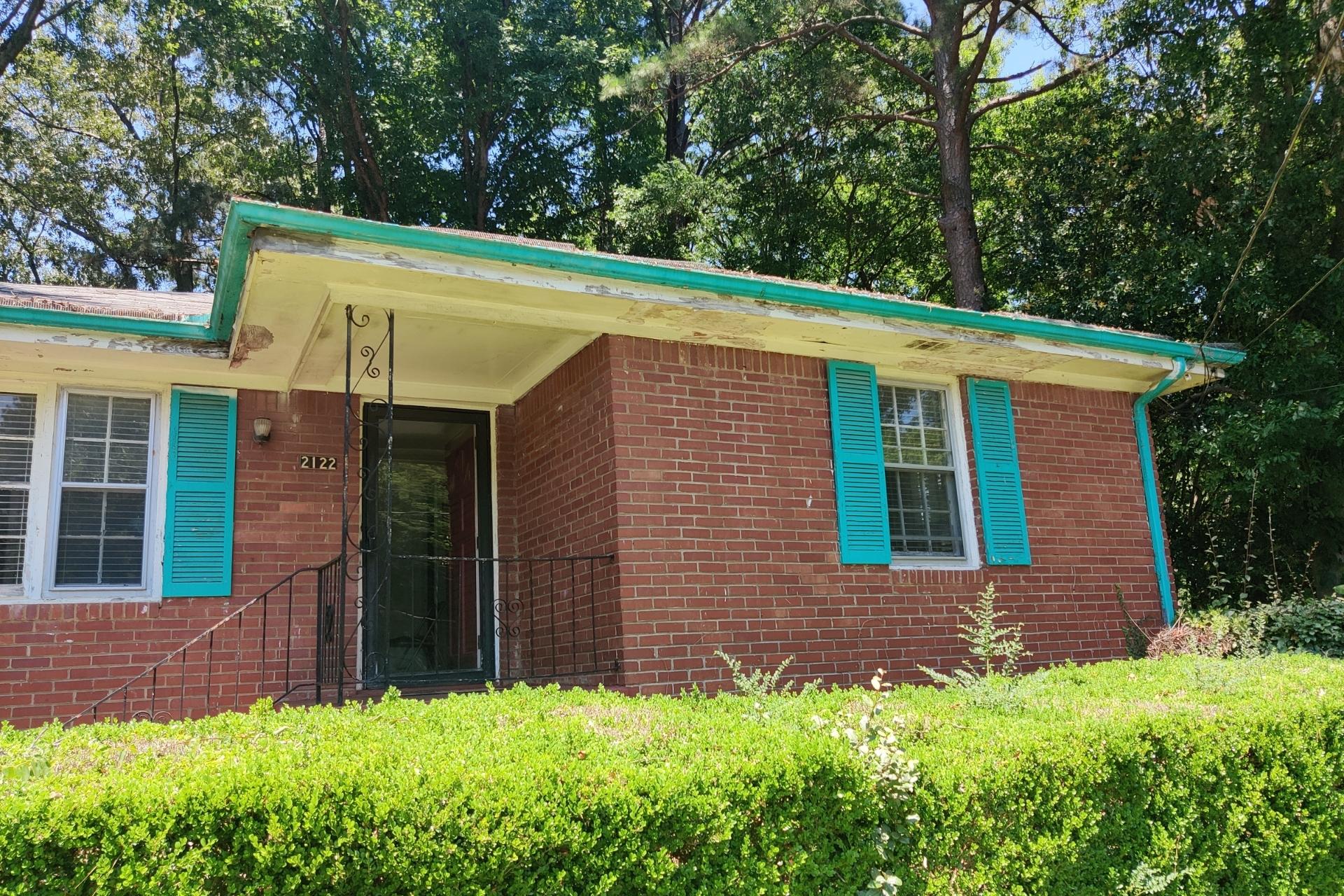






The Beltline Marketplace Project introduced six 200-square-foot shipping container storefronts along Atlanta’s Beltline, providing affordable retail spaces for minority- and women-owned businesses. As a builder and general contractor, Majesty Gayle played a key role in overseeing construction, ensuring quality, efficiency, and sustainability in collaboration with other partners. This project fosters equitable economic growth and enriches Atlanta’s urban landscape.


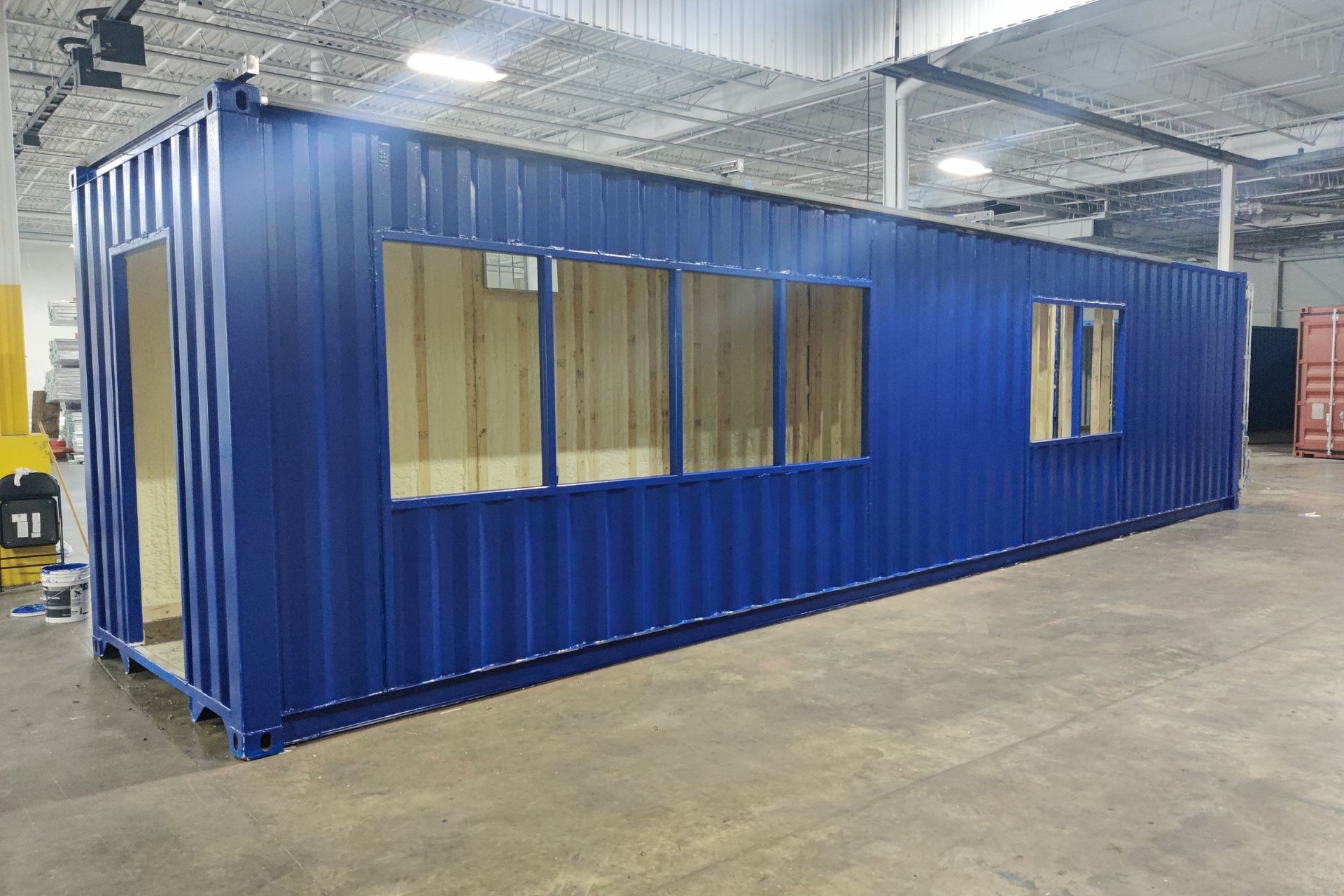

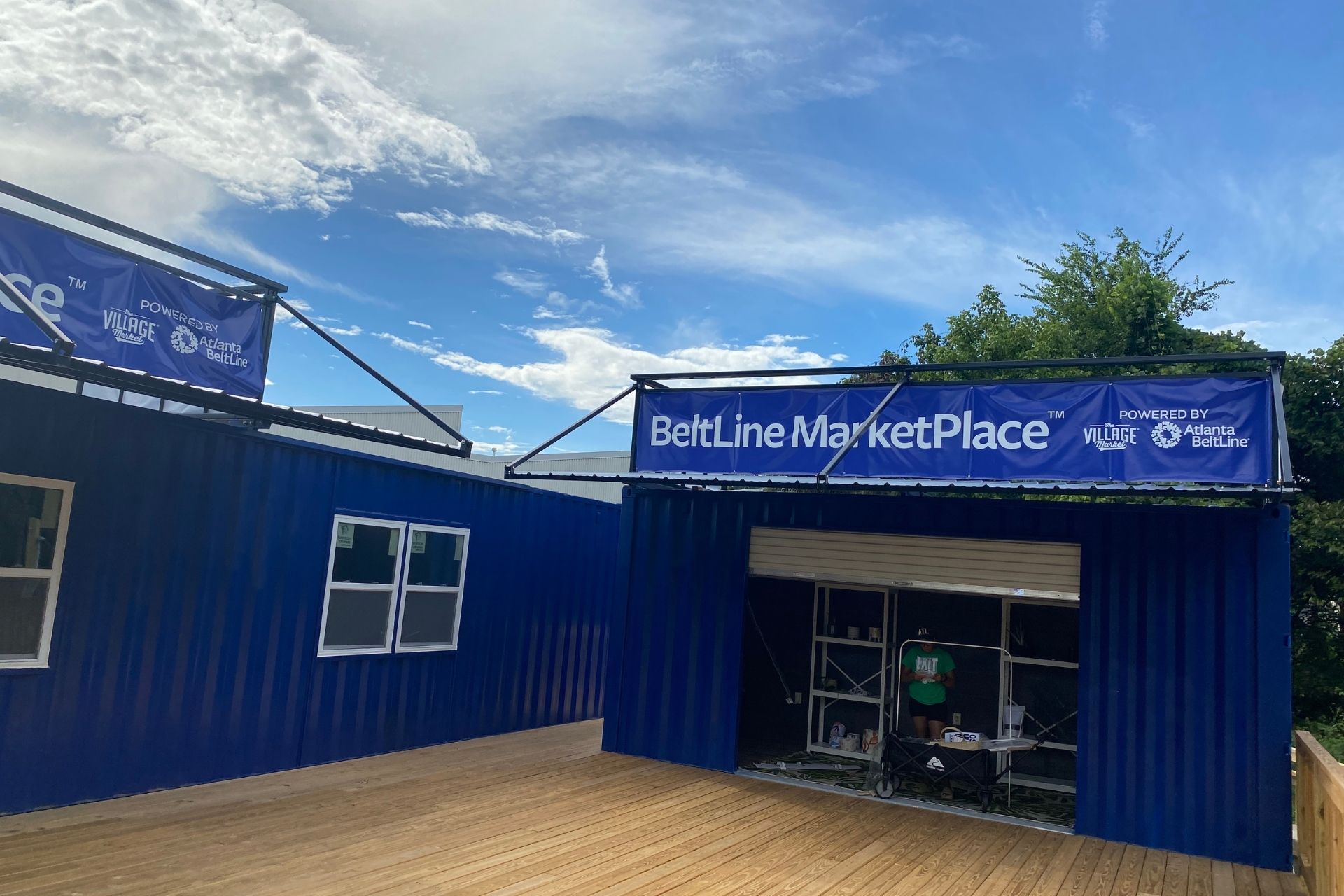
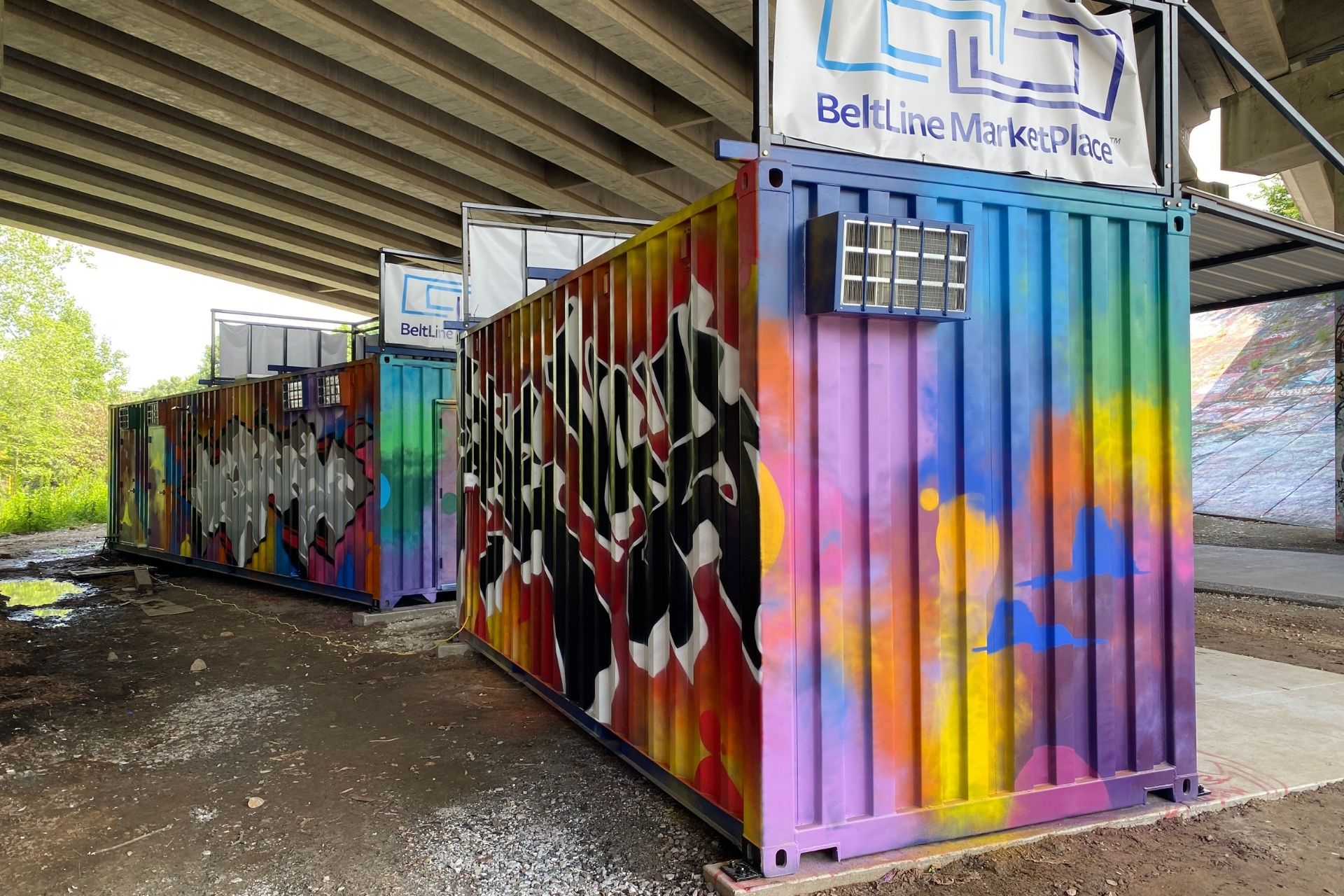
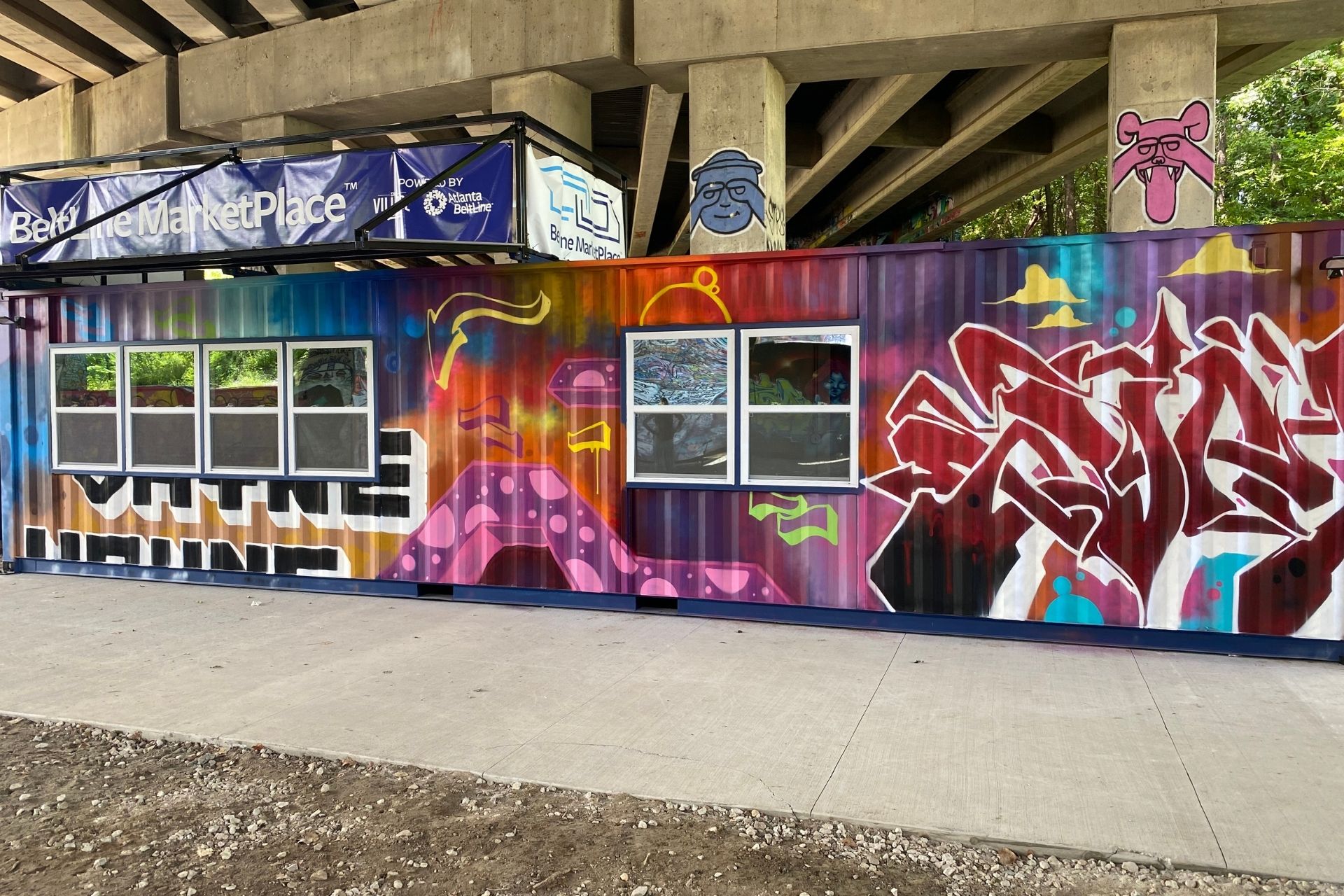
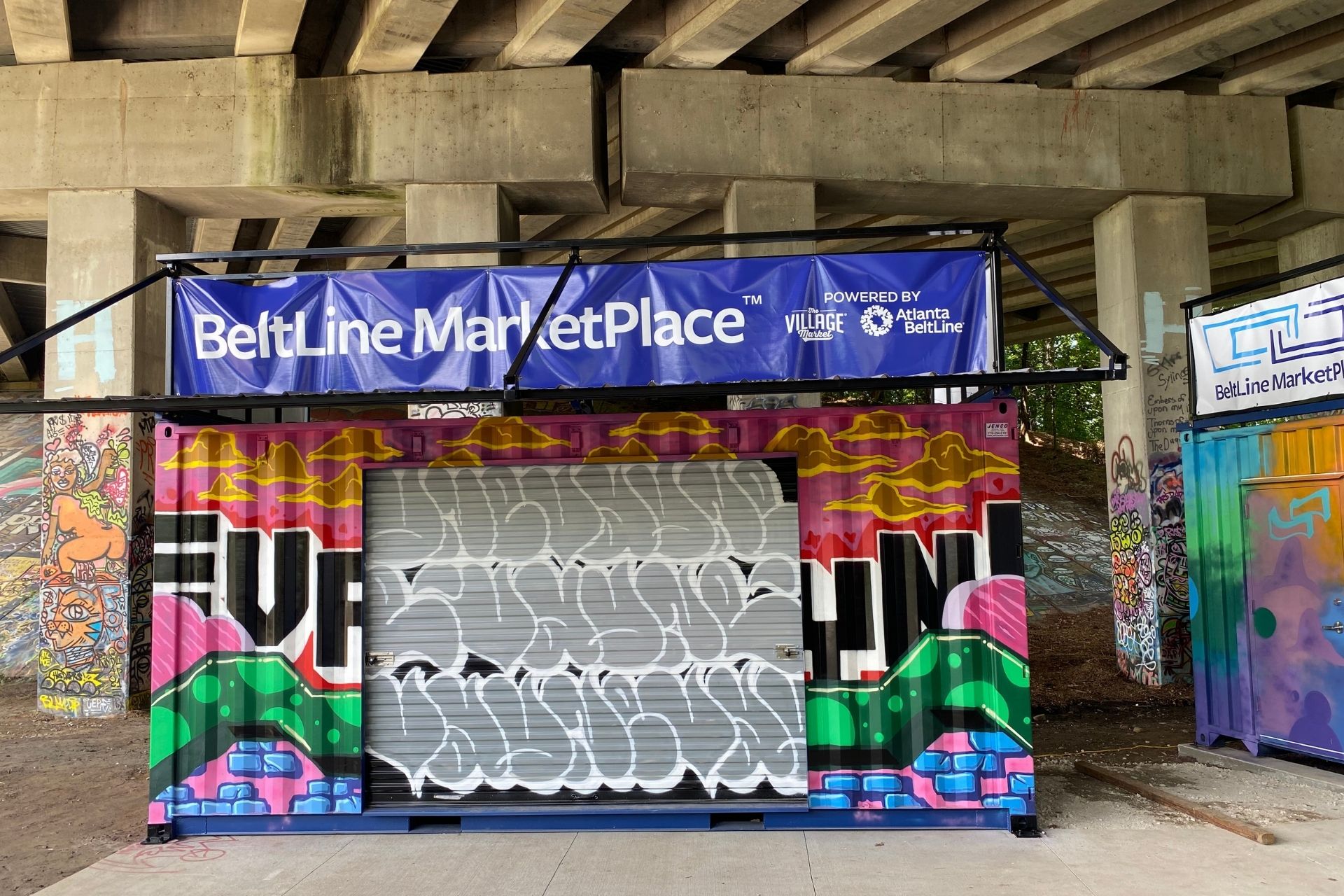
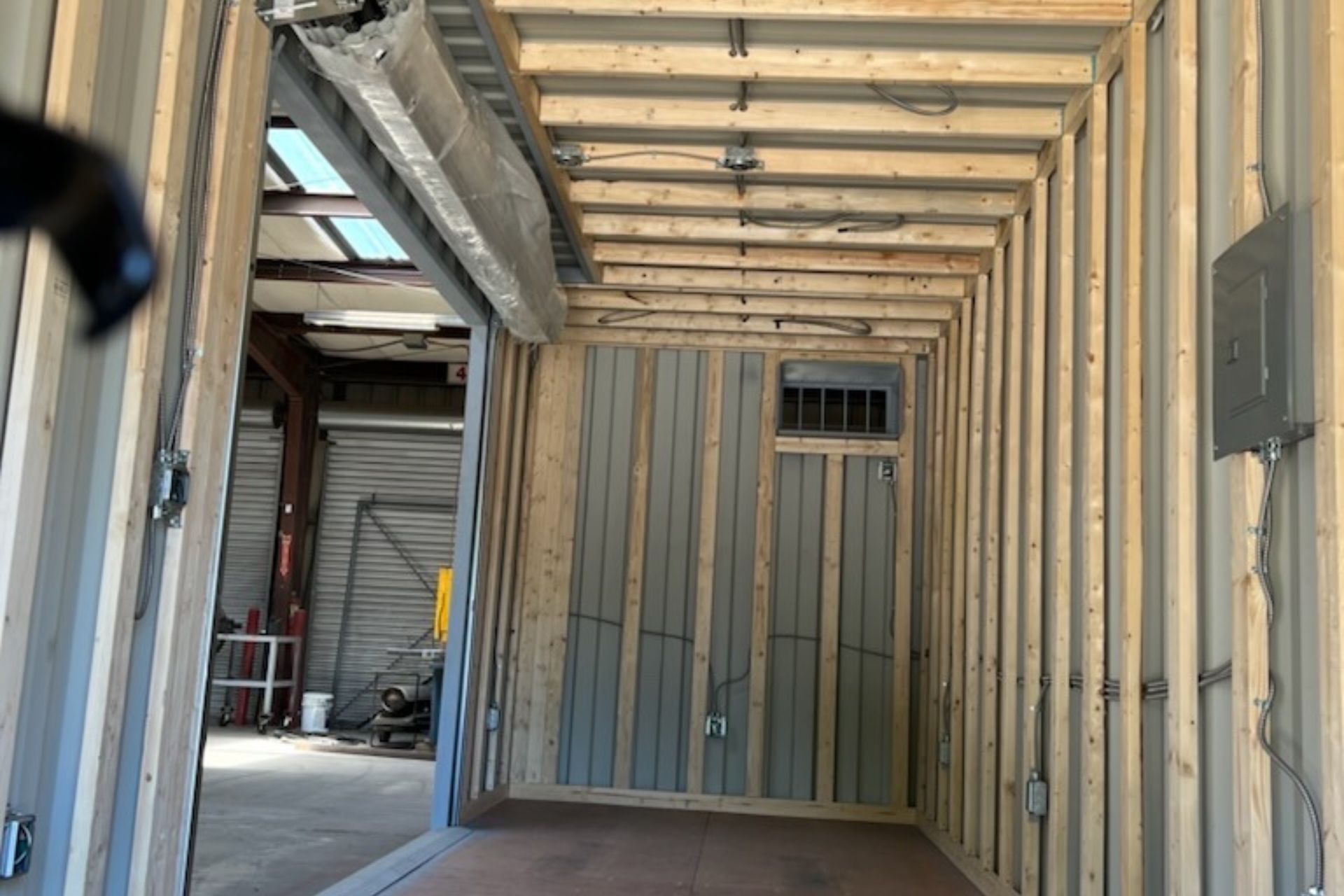
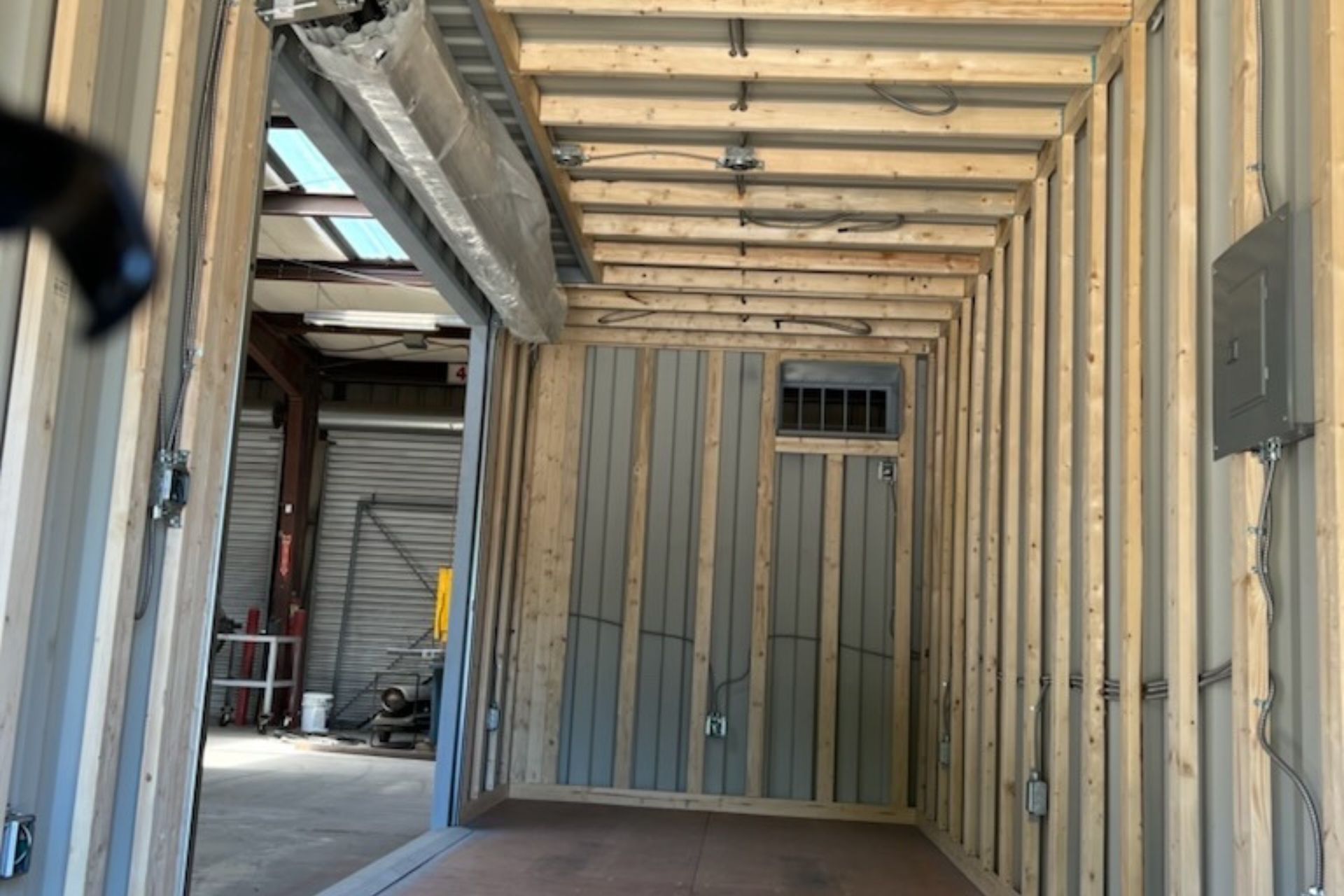
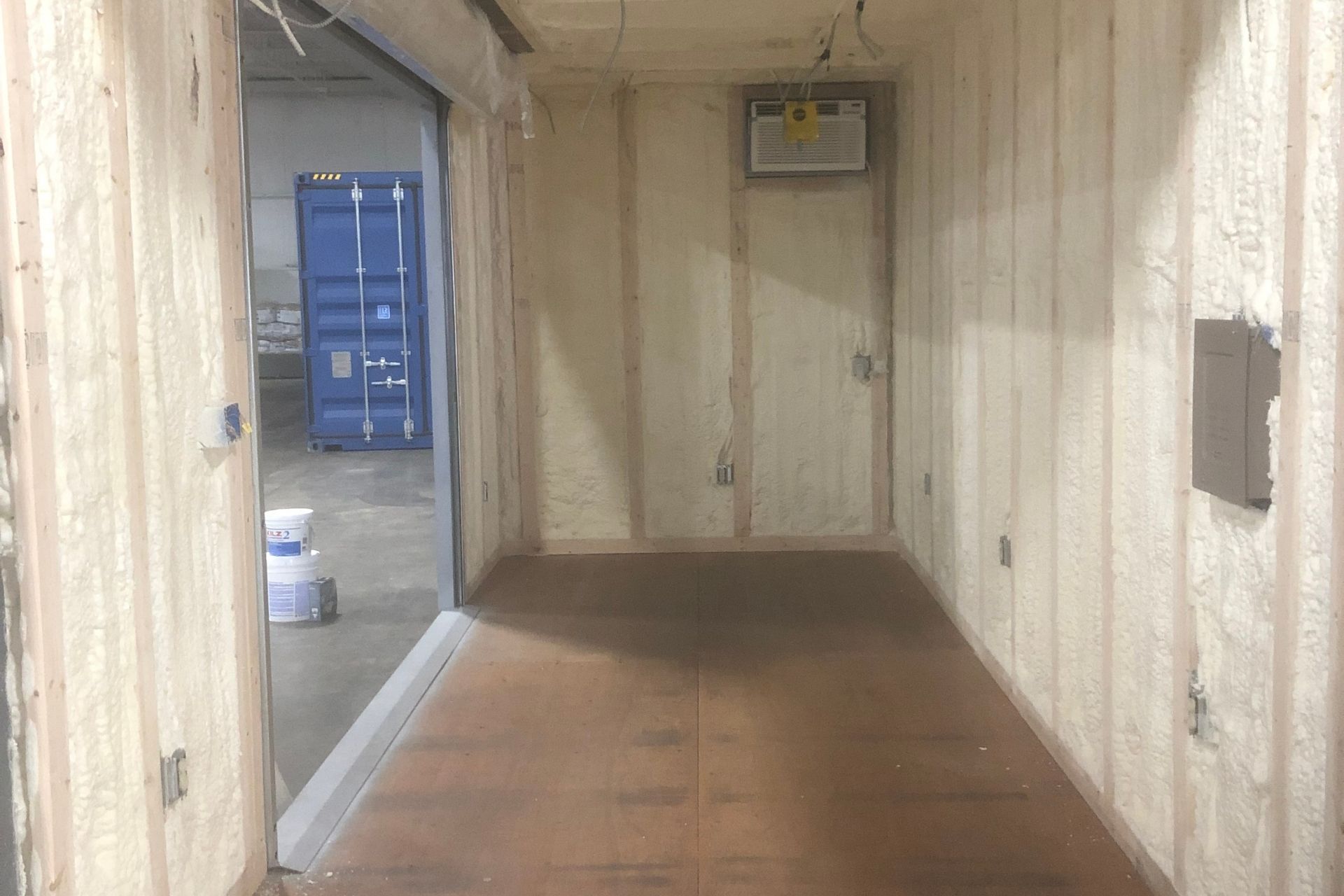
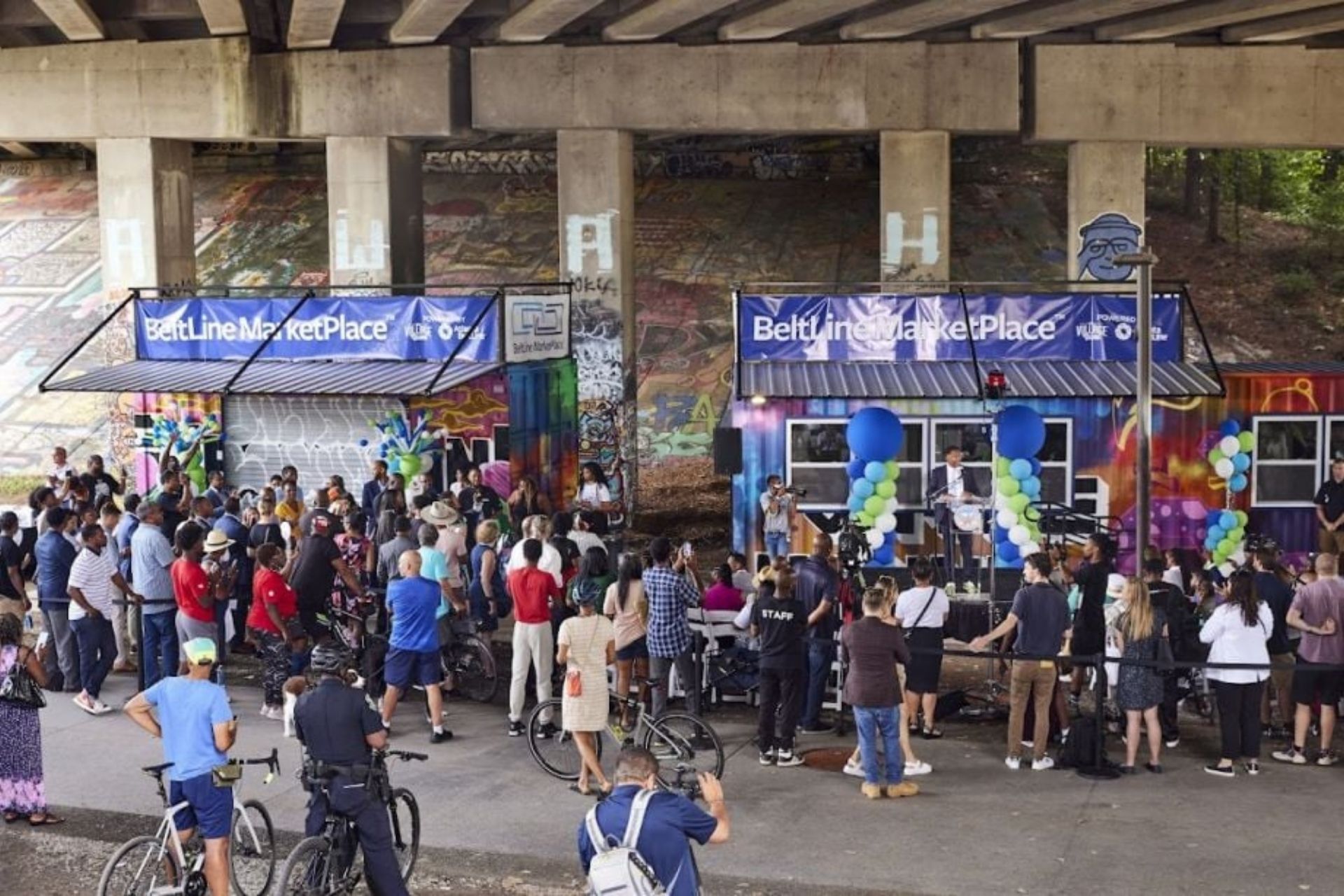
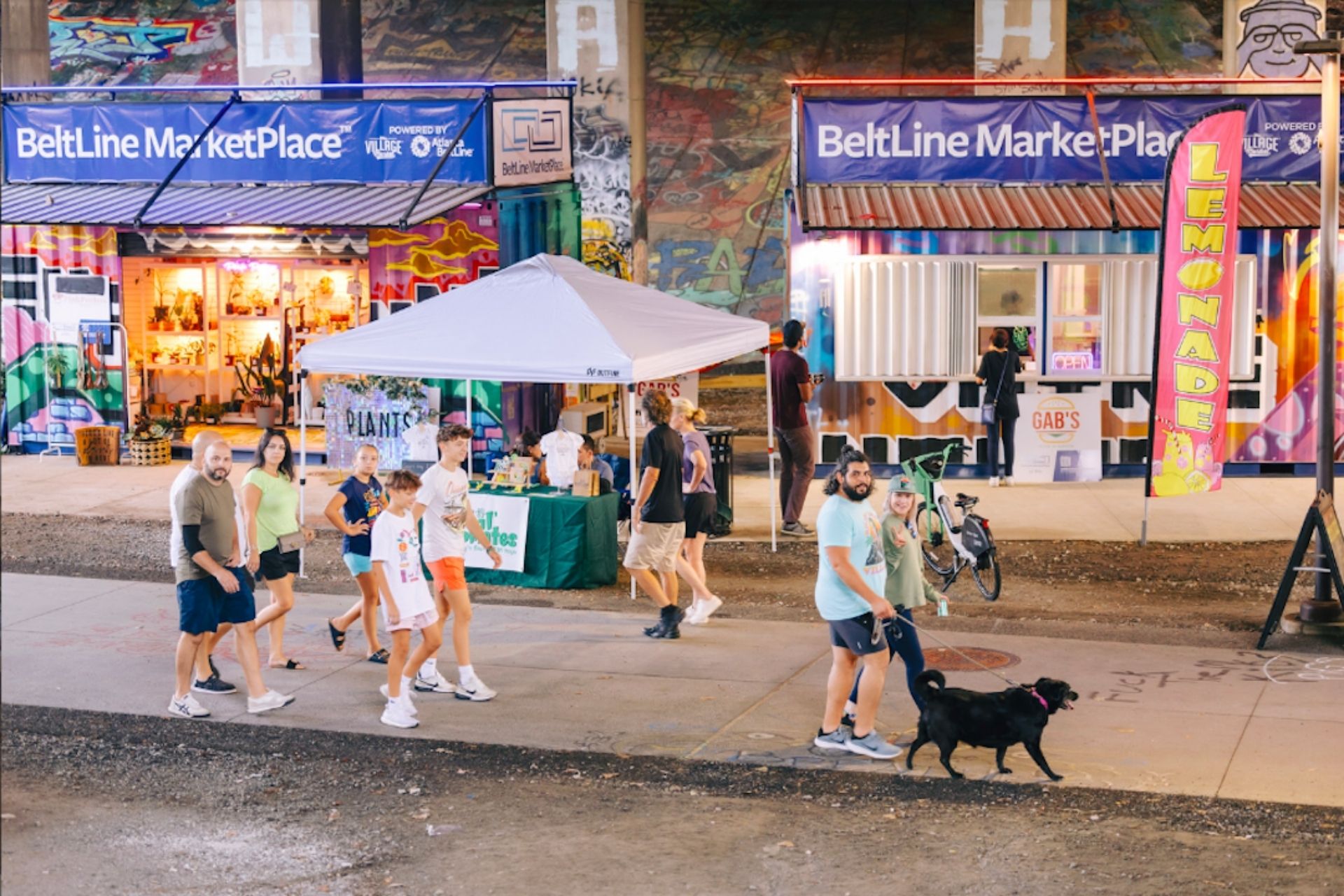
Wadley Gardens, a 28-unit Atlanta property, was transformed from vacancy to fully rehabbed housing for low-to-moderate-income residents through local partnerships and grants, now serving as a beacon of hope in an underserved area.












